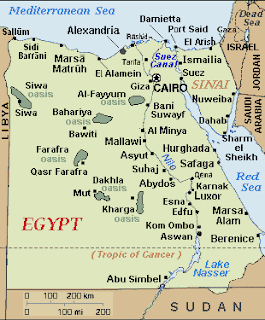
Great Britain is considered to be the only democracy with no written constitution but with constitutional rule.
British constitution consists of acts that the Parliament has passed. Also, the Parliament has the power, by a simple majority vote to change any aspect of the British constitution. The rest of the constitution consists of court precedent, decisions that have been made by judges in cases of constitutional significance. Parliament is ultimately supreme, because a new statue passed by it would override decisions by any court and would of course, override any practices that had grown up. Important parts of the constitution exist in practice. They are what one does. For example, the prime minister and cabinet are probably the most powerful single part of the process of government in Britain. Cabinet controls closely what happens in the Parliament. Prime minister is dominant within the cabinet and can ask members to resign or to exchange posts. British monarch will always sign into law a bill passed by the Parliament. One must understand that the system depends on the goodwill of those who are interested in it. In case of disadvantages clever people often feel challenged to find loopholes. Also, the monarch has the right to veto acts of Parliament. However, if the monarch was to try to exercise the right, constitutional crisis would occur where the monarch would be eliminated.


